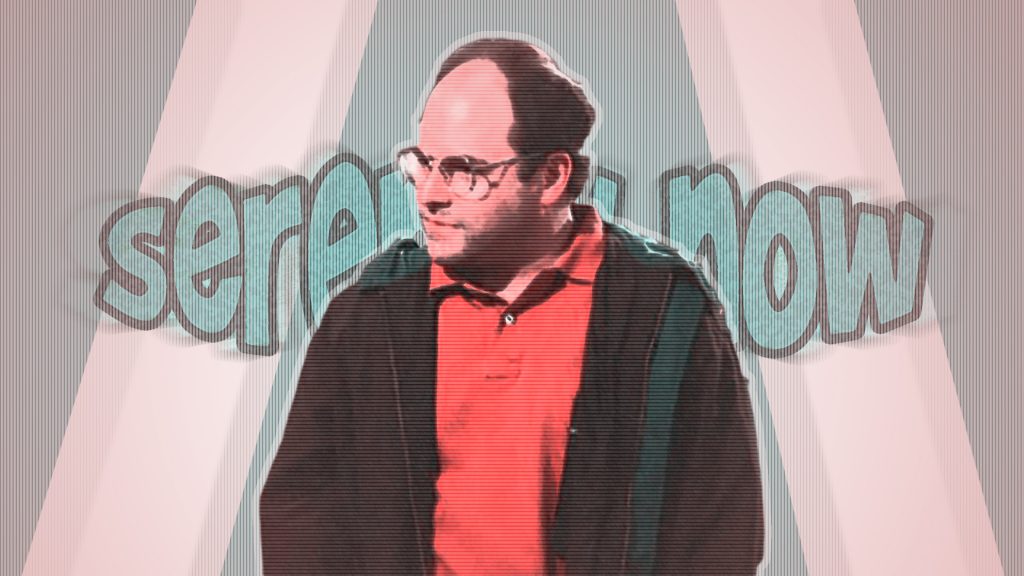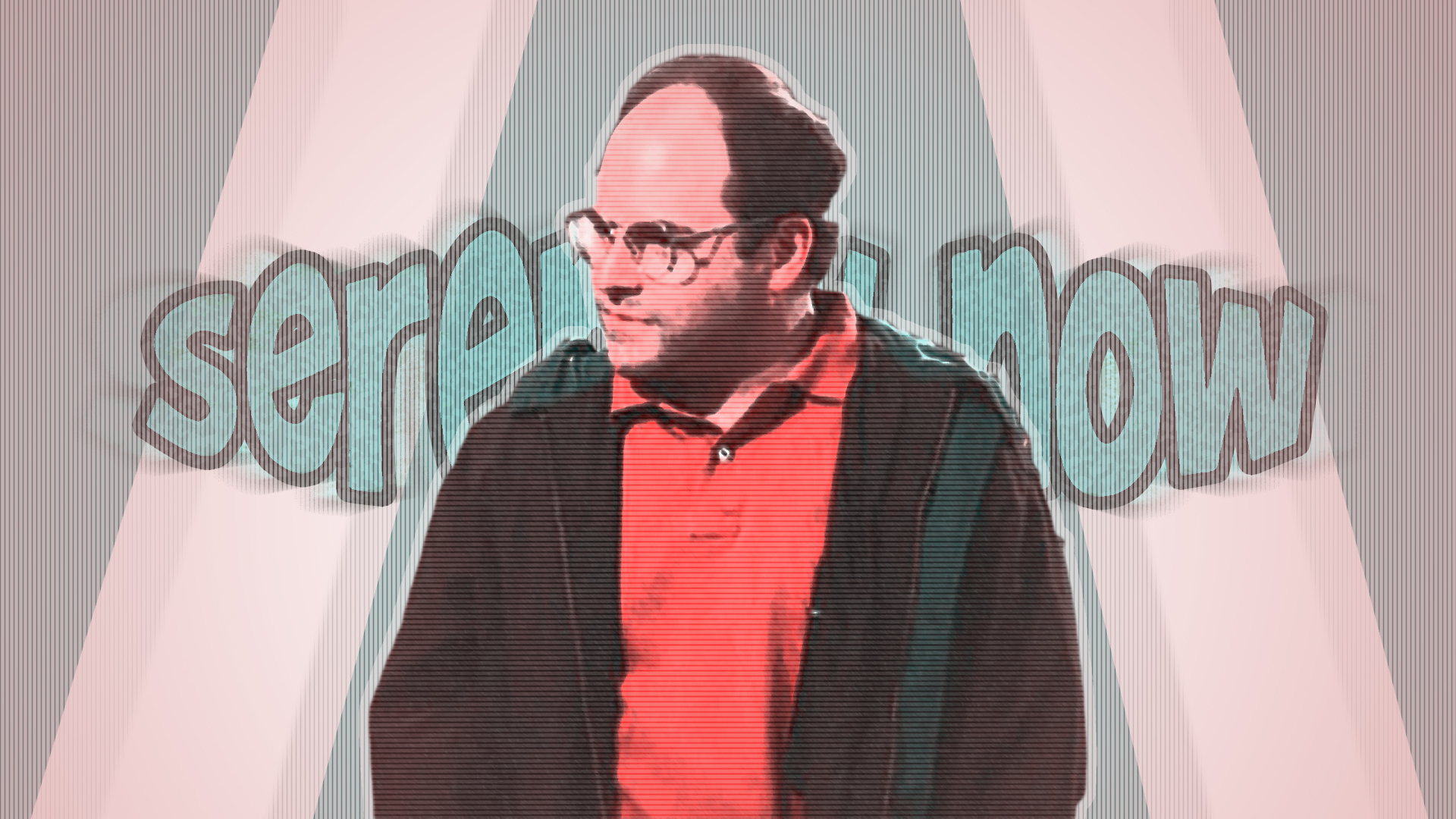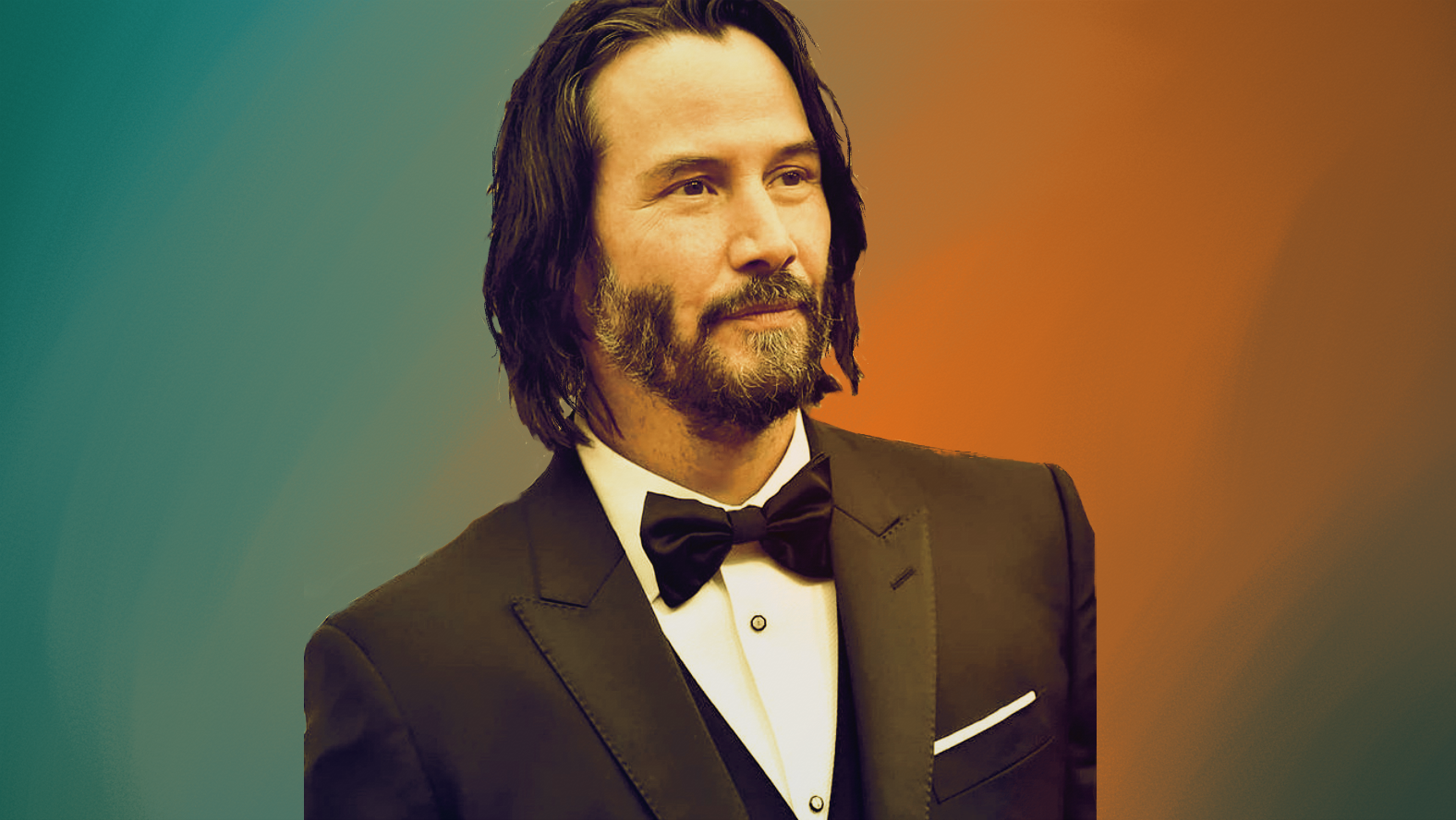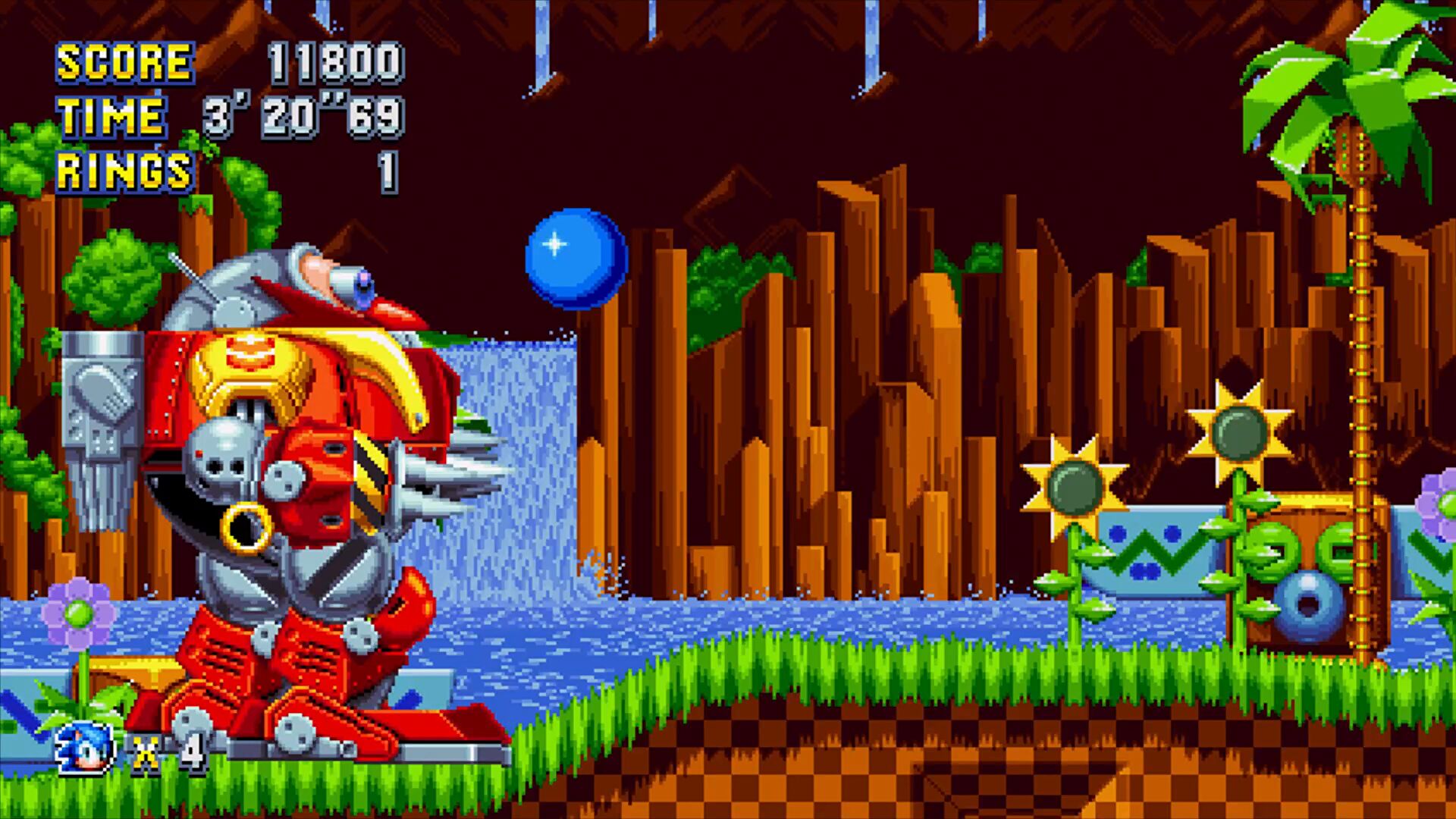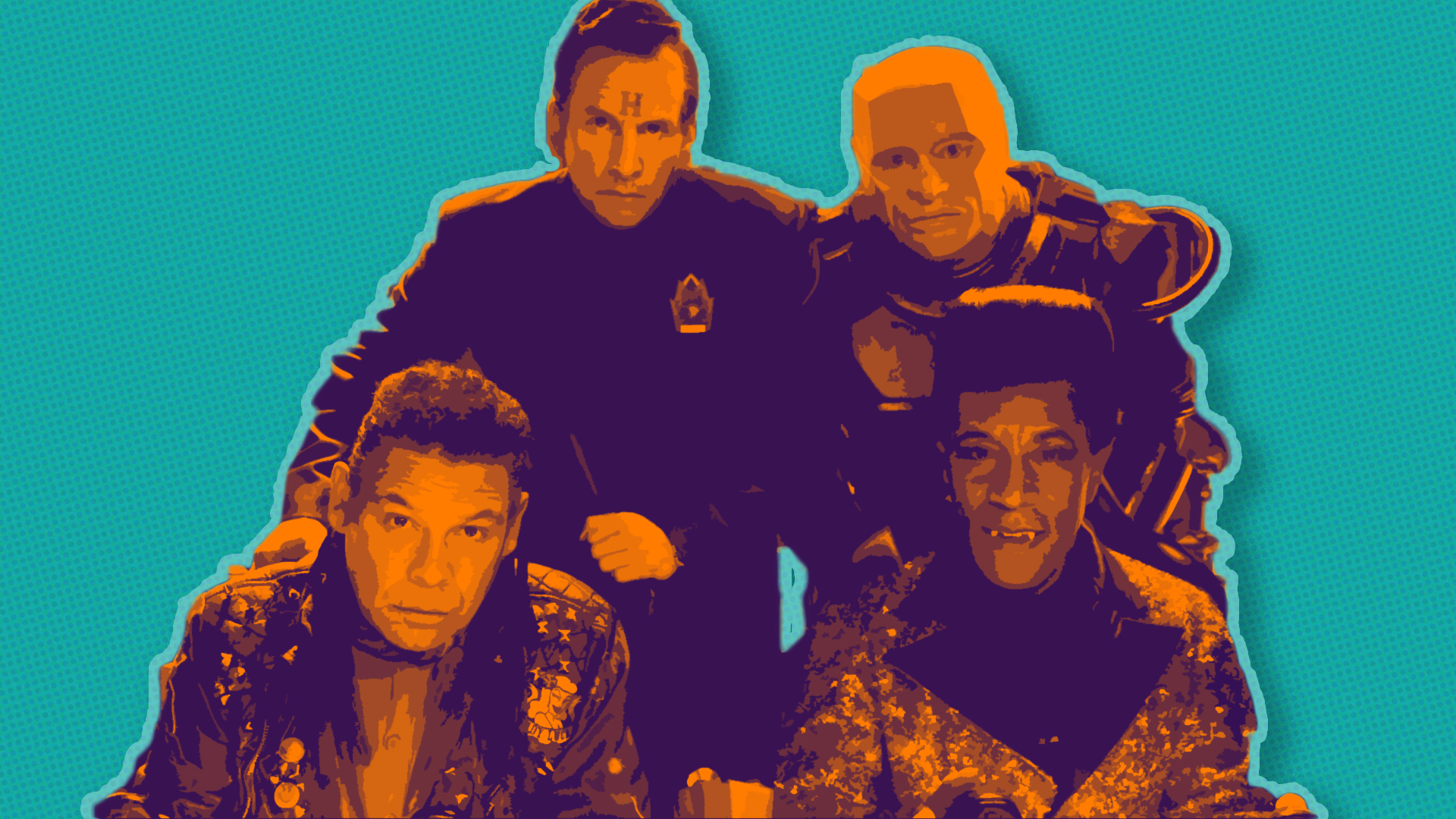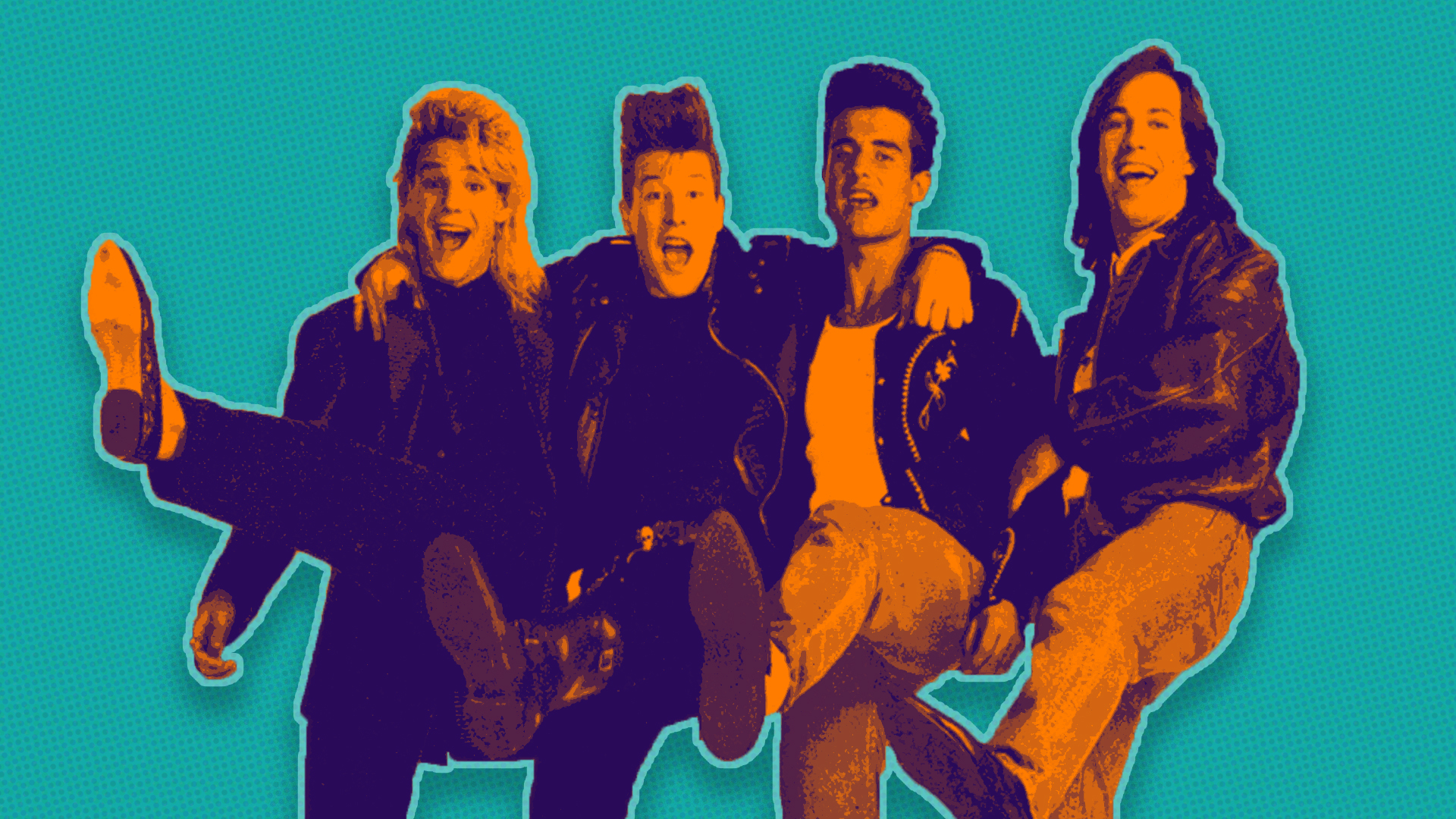Let’s start with Rik again, this time playing Rick in The Young Ones. Here’s a character consumed by the impotent rage of youth, wanting to change the world, thwarted by his spots.
Basil Fawlty is angry at everything, taking it out on everyone, but this anger is fueled by the reality of his failing business. Not even attacking his car with foliage can help.
A more interesting angry character is Pearl from Last Of The Summer Wine. For decades she has been dealing with an adulterous husband, and the snide remarks from her friends. Her anger isn’t explosive though. It’s simmering, it’s calculated, and when it erupts, it’s precise and devastating.
Anger can be funny when done right. It often works best when the rage is about something minor, or stupid, or petty. If the anger is earned, it’s less funny. The opposite of this is under-reaction, something explored well in the famous Blue Jam sketch. Under-reaction to huge events is funny too.
Edina’s angry in Absolutely Fabulous for all sorts of reasons, and she takes it out on her daughter, who is equally angry with her mother. This role reversal is fun, with Edina playing the child to Saffy’s adult. French & Saunders is full of angry characters throughout its run too.
Serenity Now, and George is getting upset are memes for a reason. The Constanza’s are a family of rage, each pushing one another’s buttons until the inevitable fuse is lit. Seinfeld is an angry show, and it embodies that anger brilliantly in George.
Ron Swanson in Parks & Recreation is another good example of quiet rage, and Nick Offerman plays him perfectly.
Blackadder’s anger at his social position manifests itself in a different way too. His cunning and guile are seen more often than his temper. His anger might be impotent, but he’s always trying to do something about it. After all, it’s very easy to sit around and do nothing.
There are so many good examples of angry sitcom characters, from Victor Meldrew to Maude Findlay, but they’re hard to write without them just being shouty and annoying. They need something else. They need a vulnerability, a fatal character flaw – in short, they need to be real.
